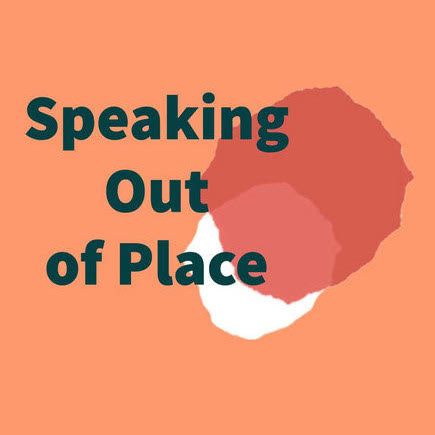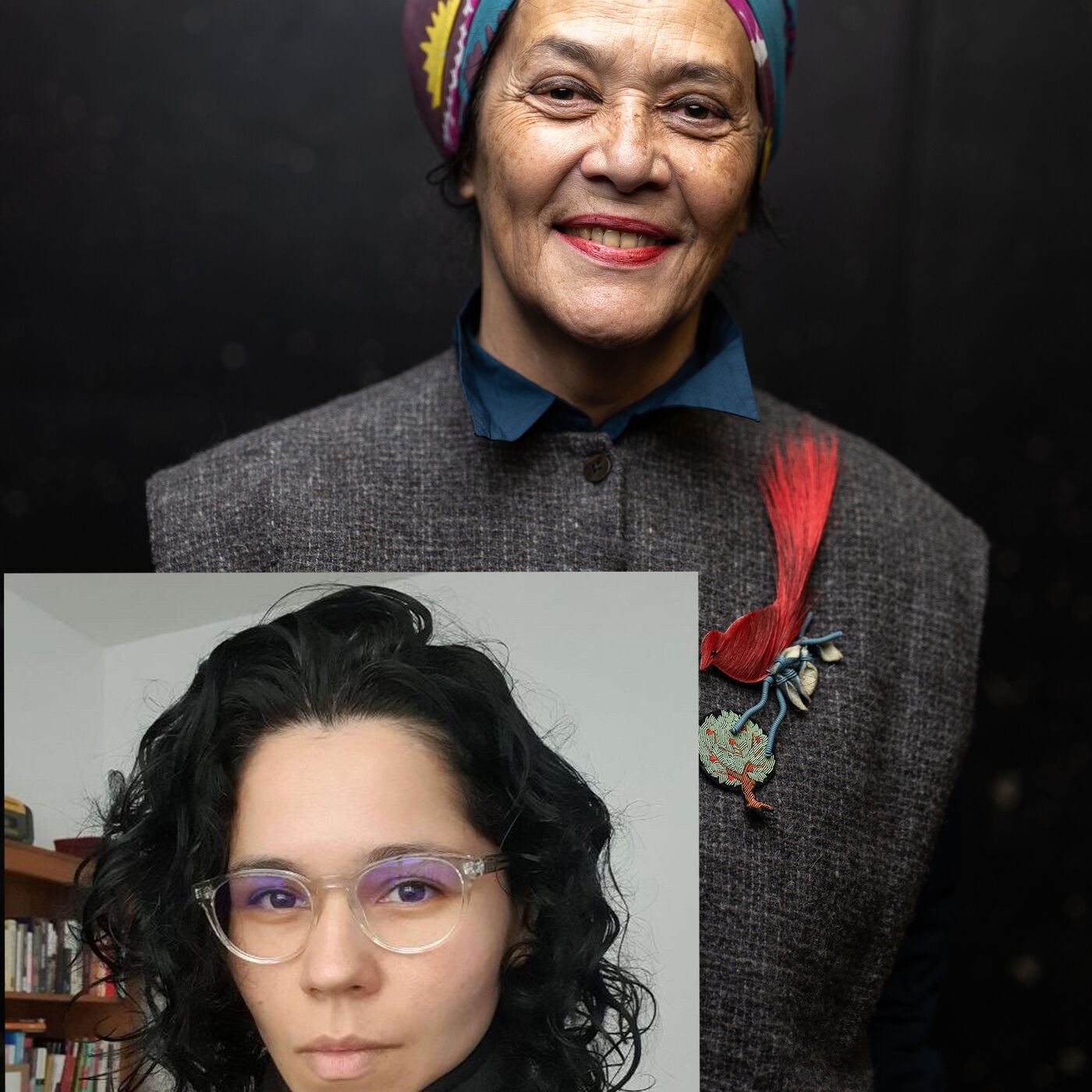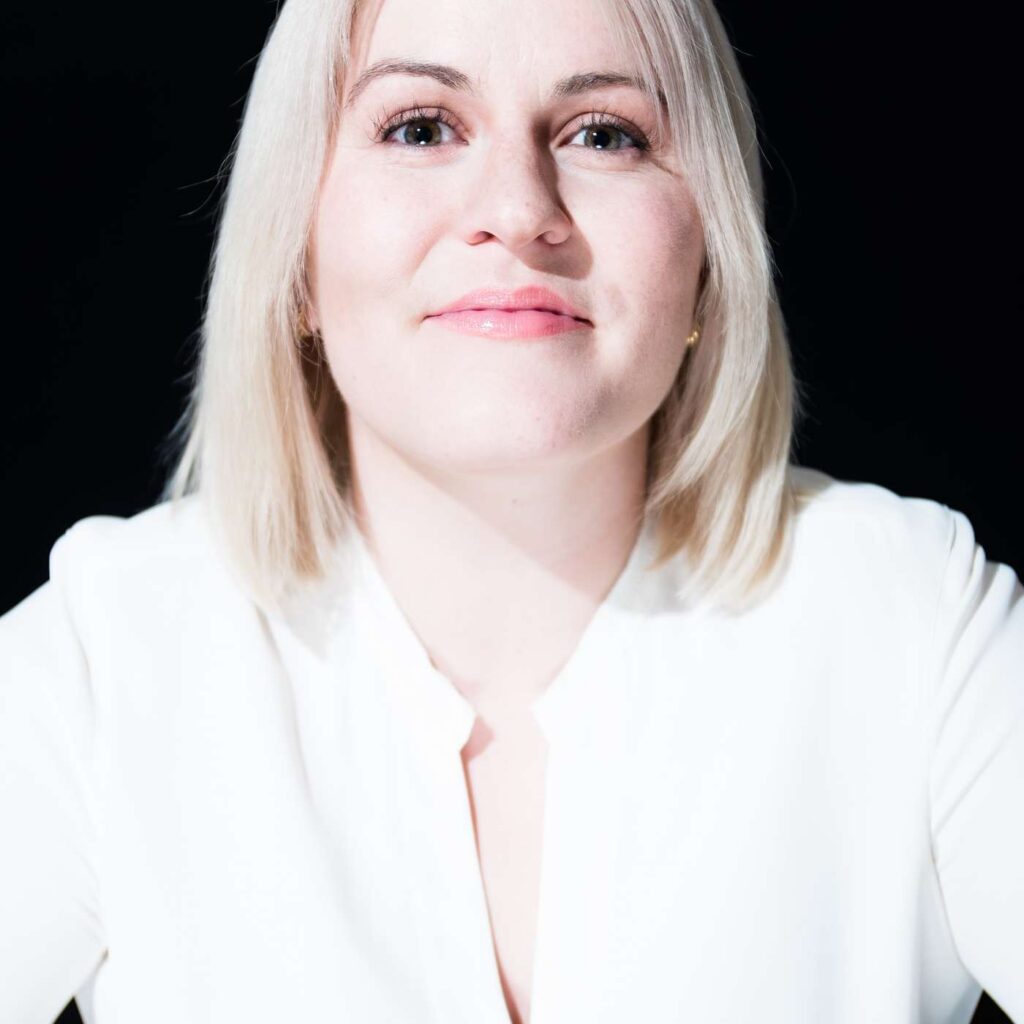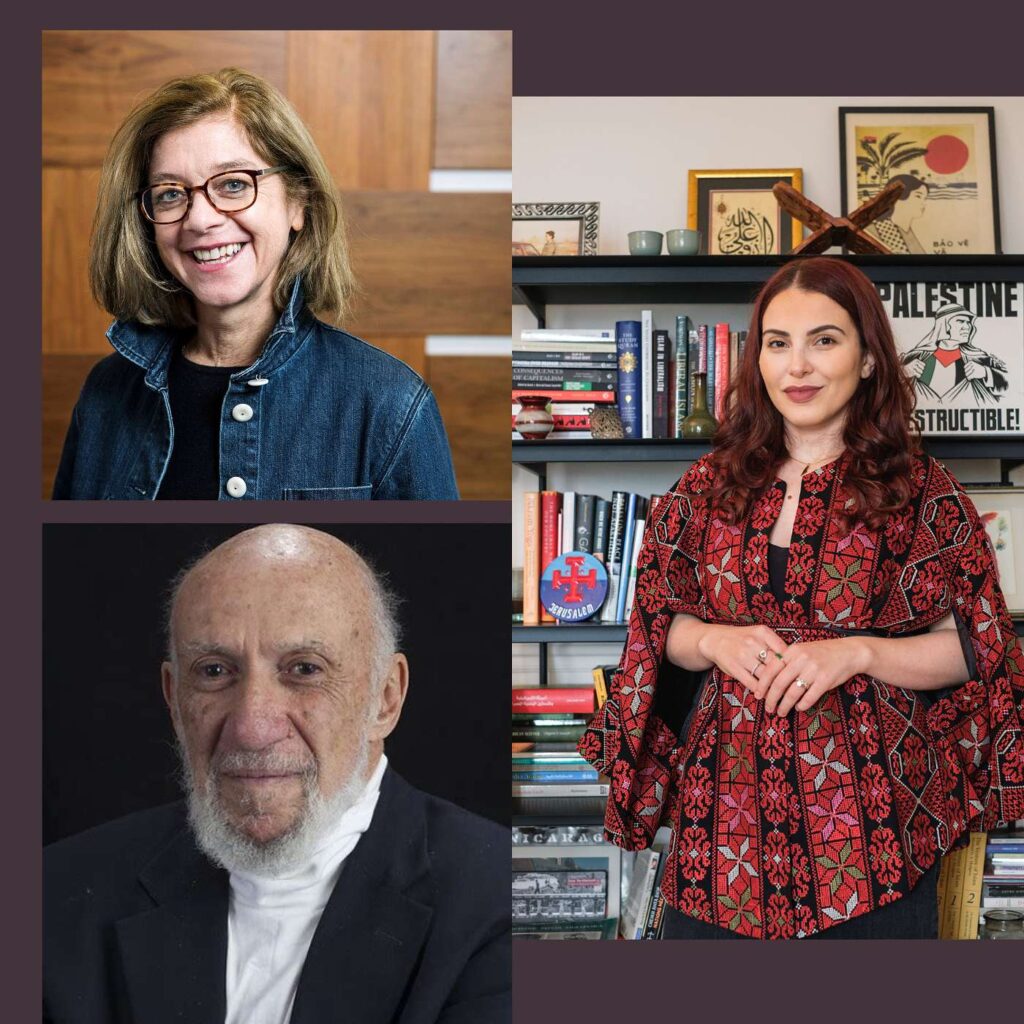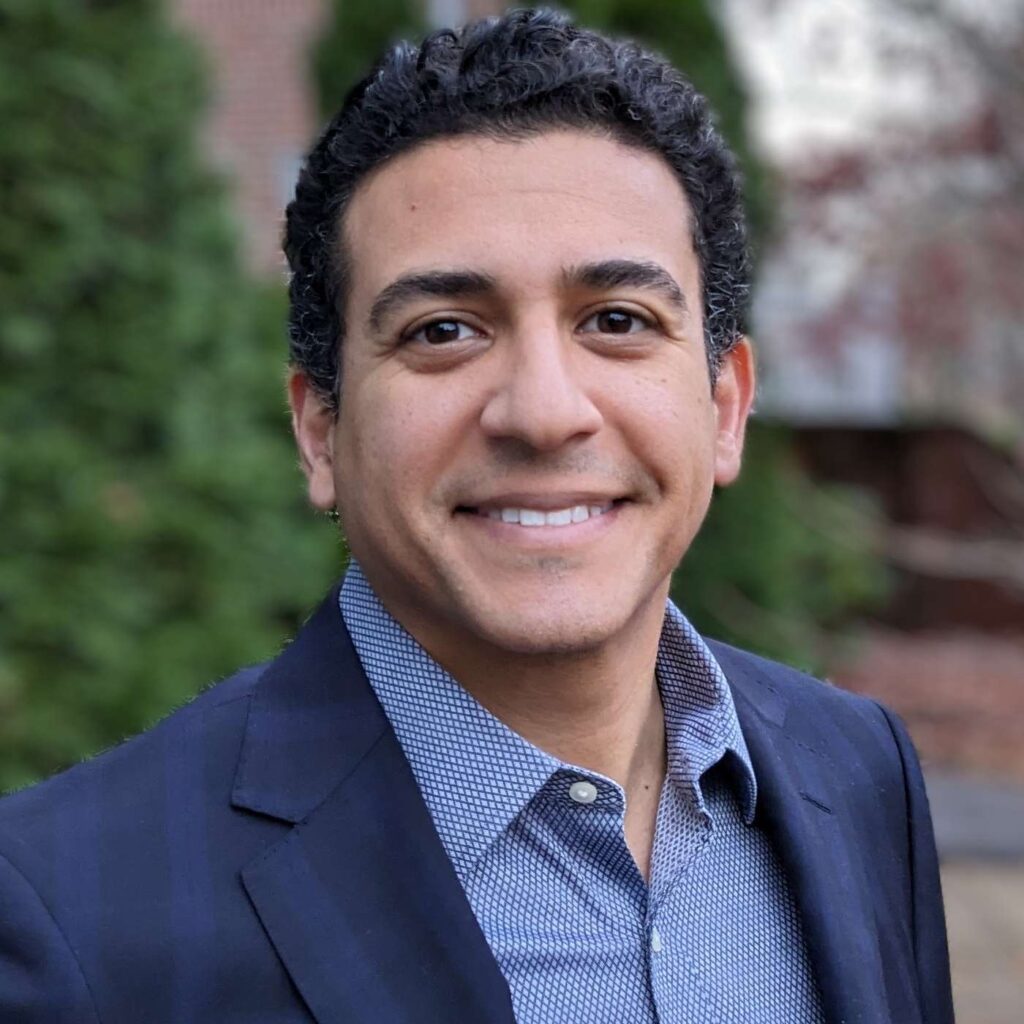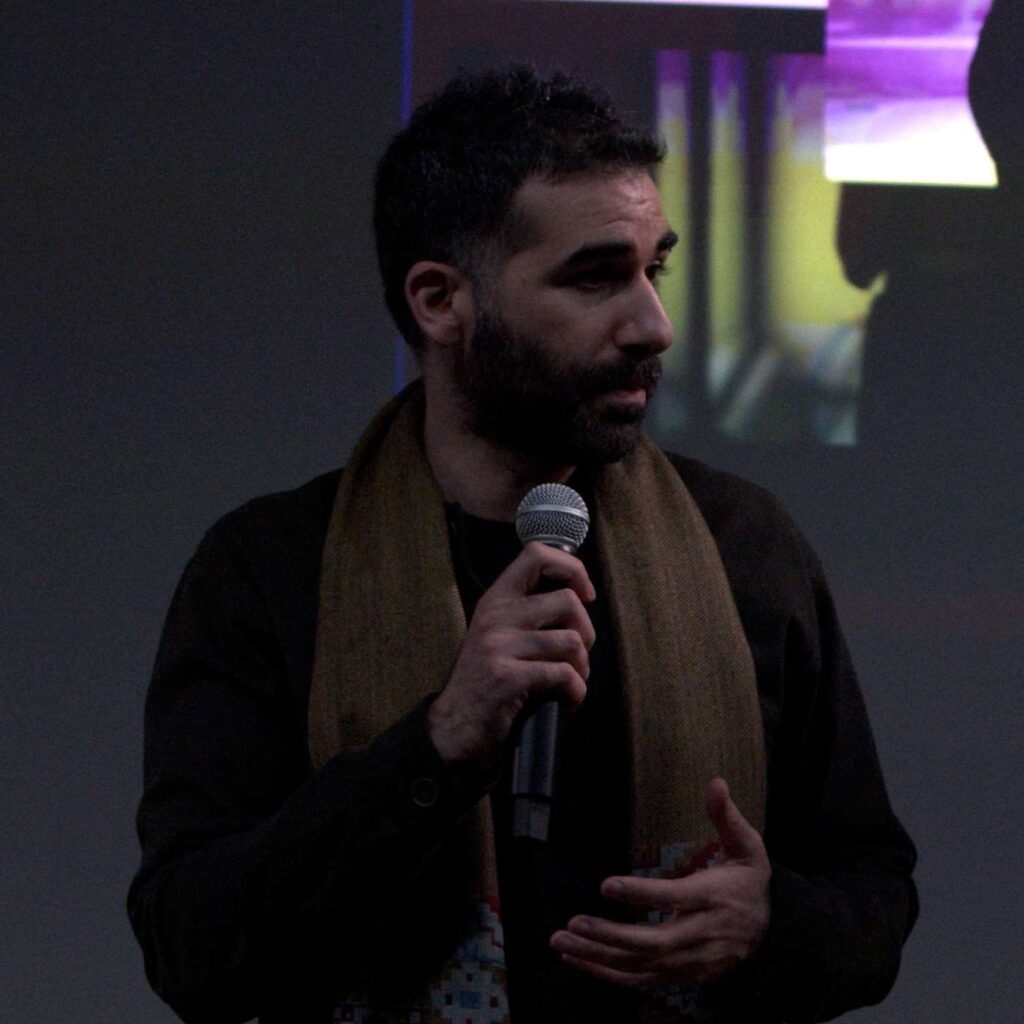Today we talk with Françoise Vergès and Jamille Pinheiro Dias about the difficulty of “decolonizing” the museum, and engaging passionately with another project–creating a “post-museum” dedicated to a poetics of a common world. Leaving behind the pretensions of a “universal museum,” filled with dead objects, Vergès and Dias work toward a living, mobile, and heterogenous space of art production in unlikely places.
Françoise Vergès is a writer and decolonial antiracist feminist activist. A Reunionnese, she received an education that ran counter to the French hegemonic school from her anticolonial communist and feminist parents and the members of their organisations. She left Reunion for Algeria to obtain her high school diploma and then stayed. She moved to Paris, France, and was an activist in antiracist, anti imperialist and feminist movements. She became a professional journalist for a feminist magazine and traveled for the publishing house des femmes to collect testimonies of women fighting in the Global South. She received her Ph.D in Political Theory from Berkeley University in 1995. She has never held a teaching position in France but created the Chair Global South(s) at Collège d’études mondiales where she held workshops on different topics (2014-2018). She is the convener and curator of L’Atelier a collective and collaborative seminar/public performance with activist and artists of color. Recent publications include: Programme de désordre absolu. Décoloniser le musée (2023), A Feminist Theory of Violence (2021), De la violence coloniale dans l’espace public (2021), The Wombs of Women. Capital, Race, Feminism (2021), A Decolonial Feminism (2020).
Jamille Pinheiro Dias is currently the director of the Centre of Latin American and Caribbean Studies at University of London’s School of Advanced Study, where she also works as a Lecturer. In addition, she is a von der Heyden Fellow at the Franklin Humanities Institute’s Amazon Lab at Duke University. Prior to joining the University of London, she worked as a Research Associate at the University of Manchester as part of the project Cultures of Anti-Racism in Latin America, funded by the United Kingdom’s Arts and Humanities Research Council. Her studies involve environmental issues, Amazonian cultural production, Indigenous arts, and translation studies in Latin America, with a focus on Brazil. Prior to working in the UK, she was a postdoctoral fellow at the Department of Modern Languages at the University of São Paulo, where she also received a Ph.D. in Modern Languages. In addition, she was a visiting researcher in Iberian and Latin American Cultures at Stanford University, and a teaching assistant at the Institute of Brazilian Studies at the University of São Paulo.
